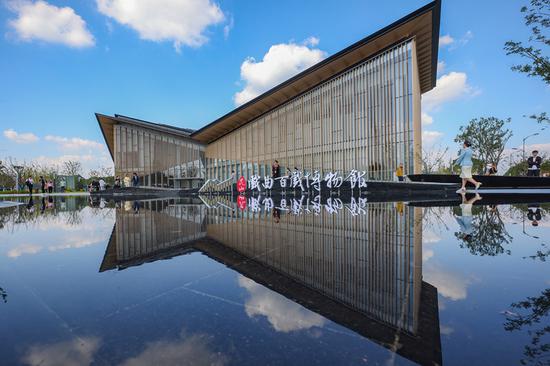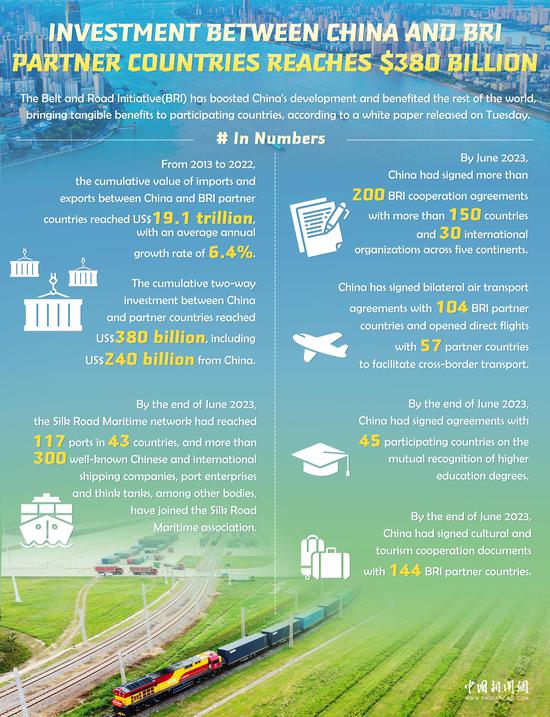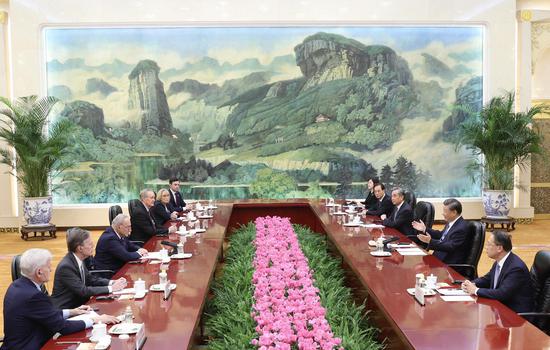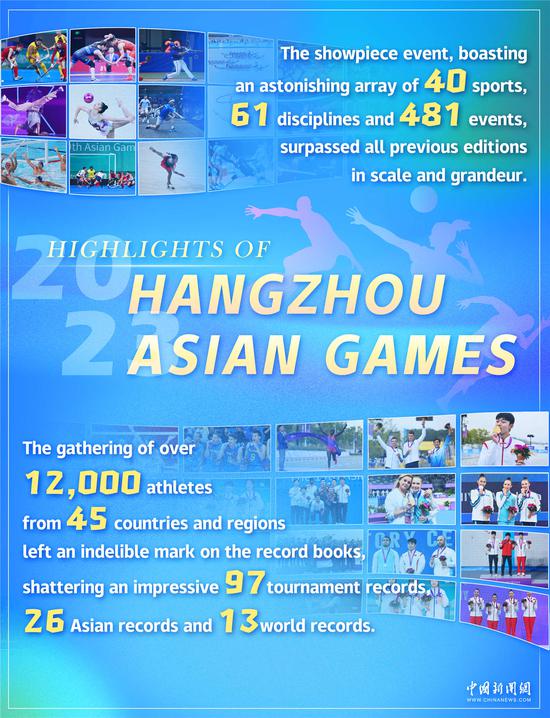
Applicants wait to submit their resumes at a talent exchange event in Shenyang, Liaoning province, on Thursday. Organizers invited more than 7,700 enterprises who offered some 150,000 jobs. (ZHAO JINGDONG/FOR CHINA DAILY)
Actual salaries fall as many face bleak job prospects after college education
Despite their struggles in the job market, graduates are getting paid more than their expectations, even if the salaries are smaller than a year earlier, according to a report published on Wednesday.
The report, released by recruiter Liepin, indicated the average anticipated monthly salary of graduates this year was 8,033 yuan ($1,100), a year-on-year decrease of 1.2 percent, and the average actual monthly salary was 10,342 yuan, a year-on-year decrease of 2.2 percent.
Wang Xuanwen, a master's graduate in English interpretation, said she expected to earn around 10,000 yuan per month in Shanghai. In order to maximize her chances of a decent salary in the tough job market, she opted to pursue work at an internet company.
"I want to make a living in Shanghai, and as a nonlocal, this salary can just satisfy my basic needs," said Wang.
According to the National Bureau of Statistics, the number of college graduates in 2023 reached 11.58 million, a record high. The IT industry is one of the hottest sectors for graduates, and despite decreased demand from internet companies, 17.7 percent of all graduate positions were in IT.
With China's economy weathering its woes better than many others globally, a growing number of overseas students are choosing to return to the motherland. The number of overseas students who returned to the Chinese mainland surpassed 1 million for the first time in 2021, according to Xinhua News Agency. The surge has added more pressure on the students who graduated this year.
Some of the returned students who studied in non-Western countries are also feeling the heat.
"Compared with students who graduated from universities in European countries and the United States, we are underestimated, as employers don't trust our English proficiency or our overseas internships," said Ye Leming, a master's graduate in management from the University of Tokyo, the top university in Japan.
Biases also exist when it comes to majors.
Wu Xiuyu, who majored in software engineering, received five offers last year, three of which were based in Beijing and the other two in Shanghai. He chose to work in Shanghai, as it was closer to his hometown of Nanjing, Jiangsu province.
The report found that over half of those who studied science and engineering considered it easy to find a job, about 20 percentage points higher than those who studied liberal arts.
To tackle graduate unemployment, local governments are proposing preferential policies, increasing salaries, providing housing subsidies and broadening promotion channels.
"As a newly established campus, we provide substantial project funds for new teachers," said Zou Yi'an, a master's graduate from Peking University who works at the Suzhou Campus of Nanjing University.


















































 京公网安备 11010202009201号
京公网安备 11010202009201号